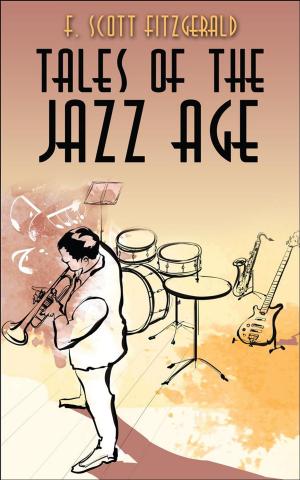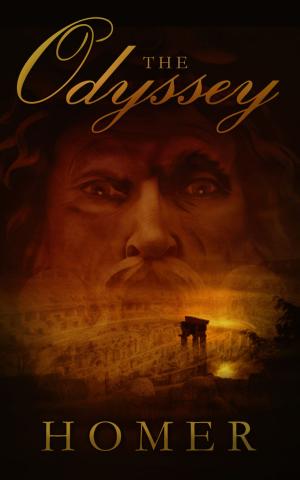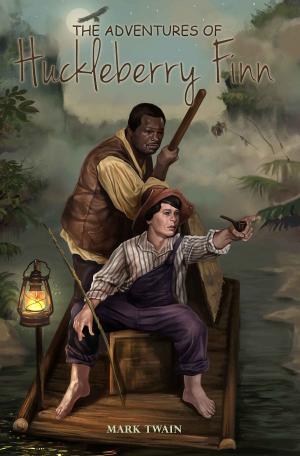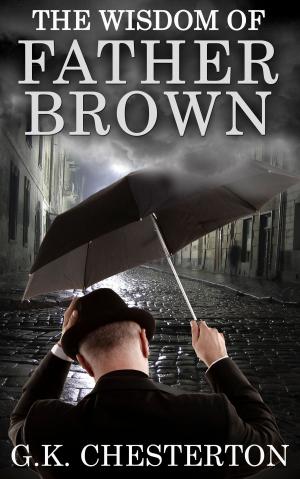| Author: | Thomas Hardy | ISBN: | 1230000593120 |
| Publisher: | Starbooks Classics Publishing | Publication: | August 6, 2015 |
| Imprint: | Language: | English |
| Author: | Thomas Hardy |
| ISBN: | 1230000593120 |
| Publisher: | Starbooks Classics Publishing |
| Publication: | August 6, 2015 |
| Imprint: | |
| Language: | English |
“They spoke very little of their mutual feeling; pretty phrases and warm expressions being probably unnecessary between such tried friends.”
--- Thomas Hardy, Far from the Madding Crowd
Far from the Madding Crowd
Thomas Hardy (1840 - 1928)
Far from the Madding Crowd (1874) is Thomas Hardy's fourth novel and offers in ample measure the details of English rural life that Hardy so relished. Hardy's growing taste for tragedy is also evident in the novel. It first appeared, anonymously, as a monthly magazine serial, where it gained a wide readership and critical acclaim. According to Virginia Woolf, "The subject was right; the method was right; the poet and the countryman, the sensual man, the sombre reflective man, the man of learning, all enlisted to produce a book which . . . must hold its place among the great English novels." The book is often regarded as an early piece of feminist literature, since it features an independent woman with the courage to defy convention by running a farm herself. Although Bathsheba's passionate nature leads her into serious errors of judgment, Hardy endows her with sufficient resilience, intelligence, and good luck to overcome her youthful folly.
“They spoke very little of their mutual feeling; pretty phrases and warm expressions being probably unnecessary between such tried friends.”
--- Thomas Hardy, Far from the Madding Crowd
Far from the Madding Crowd
Thomas Hardy (1840 - 1928)
Far from the Madding Crowd (1874) is Thomas Hardy's fourth novel and offers in ample measure the details of English rural life that Hardy so relished. Hardy's growing taste for tragedy is also evident in the novel. It first appeared, anonymously, as a monthly magazine serial, where it gained a wide readership and critical acclaim. According to Virginia Woolf, "The subject was right; the method was right; the poet and the countryman, the sensual man, the sombre reflective man, the man of learning, all enlisted to produce a book which . . . must hold its place among the great English novels." The book is often regarded as an early piece of feminist literature, since it features an independent woman with the courage to defy convention by running a farm herself. Although Bathsheba's passionate nature leads her into serious errors of judgment, Hardy endows her with sufficient resilience, intelligence, and good luck to overcome her youthful folly.
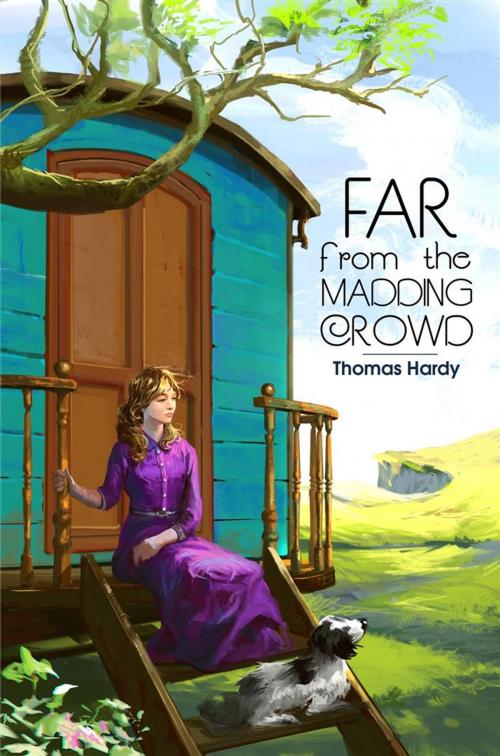


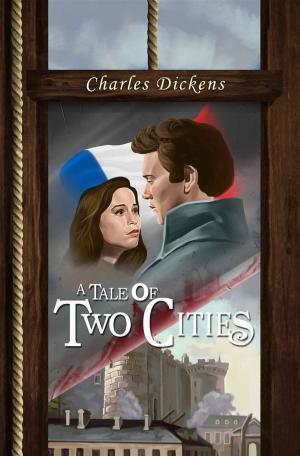

![Cover of the book Richard Hannay [Spy Stories] [Books 1 - 3] [Book Set] by Thomas Hardy](https://www.kuoky.com/images/2013/may/300x300/1230000134936-arRd_300x.jpg)

